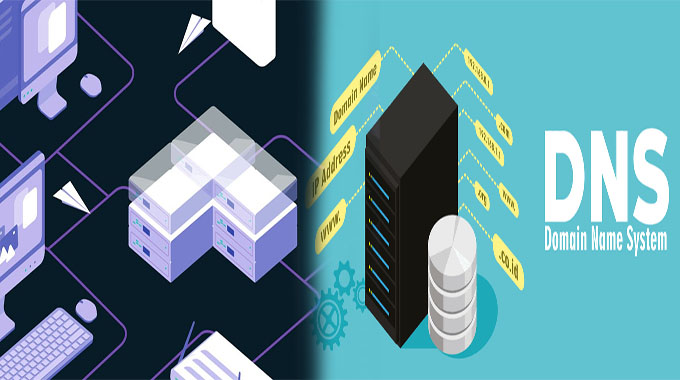How To Become A Top Performance SEO Consultant
SEO consultants are in high demand these days. But if you’re an aspiring SEO consultant, you need to know more than just how to optimize a website; you also need to understand the basics of web development and have a good grasp of how search engines work. And that’s where this post comes in! In it, we’ll discuss what makes an excellent SEO consultant and give you some tips on how to become one.
Know the fundamentals of SEO
To become a top performance SEO consultant, you need to know the fundamentals of SEO. This includes understanding how keywords, meta tags and descriptions work; knowing how to create a sitemap; creating a Google Webmaster Tools account; and understanding what a 301 redirect is.
Have a strong grasp of HTML and CSS, JavaScript, and XML
You should be familiar with HTML and CSS, JavaScript, and XML. HTML (HyperText Markup Language) is …















